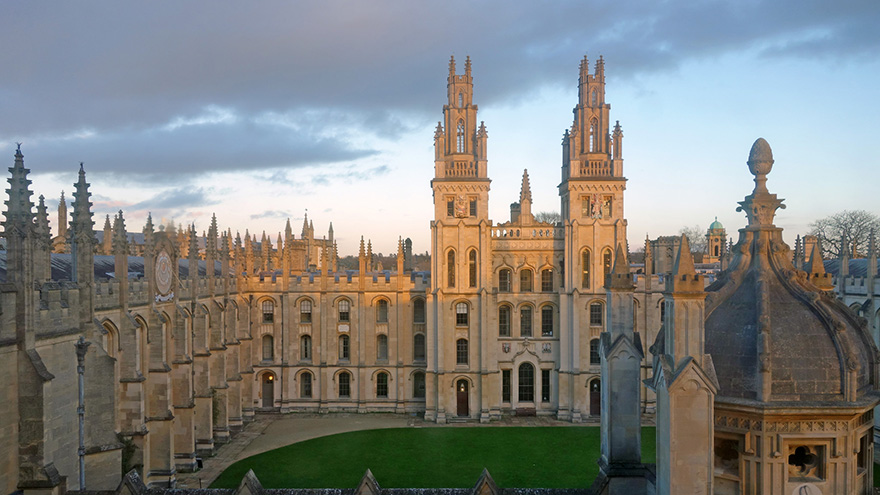Admissions update: decision-making time for the MPP

Back
in October and fresh out of university myself, I joined the Blavatnik School of
Government’s admissions team as an admissions assistant. I wasn’t quite
prepared for what a whirlwind the next few months would bring, but I’ve enjoyed
every bit of what we do.

First,
let me explain what I do. As admissions assistant, I work with a team to help
make sure that the admissions process runs smoothly, doing everything from managing
assessment data to answering questions from prospective applicants. Over the
past few months, most of my time has been spent looking at a record number of
MPP applications – 802 to be exact! – and making sure that everything is in
order before we send them to the admissions committee.
It’s
been a lot of work, but I’ve loved having the opportunity to look at such a
fantastic selection of applications from 102 different countries, as diverse as
Mongolia, Haiti and Canada, and backgrounds ranging from medical doctors to
student activists. The age range is also pretty incredible, with applicants as
young as 19 and old as 52. Part of me wishes that the School could accept everyone,
as I’ve seen so many high-quality applicants that would bring an immense amount
to the classroom.
At the same time though, I know that taking on more than the 120 students the course is designed for would probably lead to a worse outcome overall. The MPP has a small, diverse cohort of students who interact and learn from each other as much as from faculty. A larger class size would mean losing those links. Unfortunately, keeping the cohort size small means that the admissions committee have had to turn down some brilliant applications.
Part of this is also about finding the people who will get the most out of the course. There are a great many applicants whom I really hope will consider applying again in a few years’ time, when they have a little more experience. The MPP is about teaching people how to use their own experience as well as academic study. People who are a little further along in their careers, rather than straight out of university, will often learn more from the course. Conversely, there are some people I’ve thought might be more suited to the School’s Programmes for Senior Leaders – senior leaders and civil servants who might get more out of an intensive course than a year long programme.
Our dean, Professor Ngaire Woods, said of this year’s applicants:
“I have been so impressed with the standard of applications this year – I am proud that the Blavatnik School is attracting such outstanding applicants all around the world; at the same time I am sad that there are some splendid candidates to whom we have not been able to offer a place. I look forward to meeting those who join us this coming autumn. And to those of you who will not be joining us this year, I hope you will keep following our work and engaging with our research, and perhaps consider applying again next year.”
Whatever the outcome, I know that the admissions committee have put so much work into ensuring that everyone has the best possible chance, and picking out the best of the best. I’m so excited to start sending out offer letters very soon, but to those who receive a rejection please don’t be too disheartened – we received over 800 applications this year and the standard was higher than ever before. I would encourage those disappointed to consider applying again – every year is a new cycle, and a little more experience can only improve your application!
Matilda Tempest is the Blavatnik School's admissions assistant, supporting all stages of the admissions process, from answering initial queries to supporting offer holders through to their arrival at the School.
